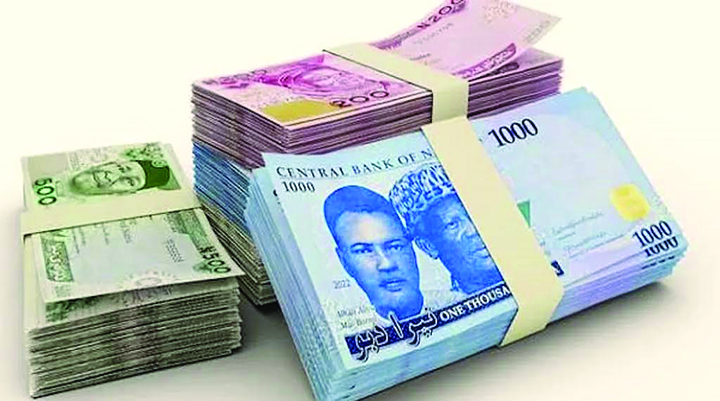A quiet but notable shift is unfolding in Nigeria’s financial markets as local investors, once heavily positioned in dollar assets, are now rebalancing toward naira-denominated investments. The change comes amid renewed interest from Foreign Portfolio Investors (FPIs), whose return has injected fresh momentum into the country’s capital markets.
Market analysts attribute this reversal to a mix of factors — including the Central Bank of Nigeria’s (CBN) aggressive monetary tightening, the naira’s sustained appreciation, and the lure of high-yield domestic instruments.
Nigeria’s elevated interest rate regime has pushed yields on short-term government securities, such as Treasury Bills and Open Market Operations (OMO) instruments, to record highs. These double-digit returns have made naira assets increasingly attractive to both local and foreign investors seeking to maximize returns in a stabilizing macroeconomic environment.
In the first half of 2025 alone, FPIs injected an estimated US$8.05 billion into Nigerian financial markets, with the majority targeting fixed-income instruments. On the equities front, foreign investors accounted for 62.74 percent of total transactions in March, trading roughly ₦699.89 billion — the highest monthly activity recorded on the Nigerian Exchange (NGX) in recent years.
This resurgence of foreign capital has coincided with the naira’s impressive rally, which saw the currency strengthen to about ₦1,444.42 per US$1, its strongest level in ten months. The gain reflects improved foreign exchange liquidity, consistent CBN interventions, and growing market confidence. Complementing this trend, Nigeria’s external reserves have risen above US$43 billion as of late October 2025, reinforcing the country’s financial buffers.
According to Johnson Chukwu, Managing Director of Cowry Asset Management Limited, the renewed inflow of foreign funds signals restored confidence in Nigeria’s monetary framework.
“Foreign investors are responding to policy consistency and attractive yields,” Chukwu said. “The CBN’s tightening stance has made naira assets far more competitive than dollar holdings.”
Tilewa Adebajo, CEO of CFG Advisory, echoed this sentiment, noting that the naira’s recovery has encouraged local investors to re-enter the domestic market.
“The currency’s stability, driven by improved forex supply and market reforms, has changed sentiment,” Adebajo remarked. “Many investors are now taking advantage of high interest rates and a stronger naira to move back into local instruments.”
Despite the renewed optimism, experts caution that Nigeria’s long-term investment outlook remains tempered by structural challenges — including infrastructure deficits, policy uncertainty, and inconsistent regulation. While short-term portfolio inflows are boosting liquidity and sentiment, sustainable growth will depend on deeper reforms aimed at attracting stable, long-term capital.
As the market continues to adjust to Nigeria’s evolving monetary landscape, the balance between policy stability and investment sustainability will determine how long this newfound confidence endures.

